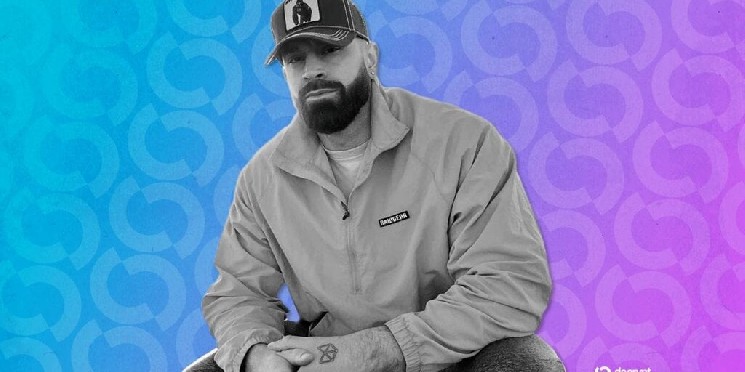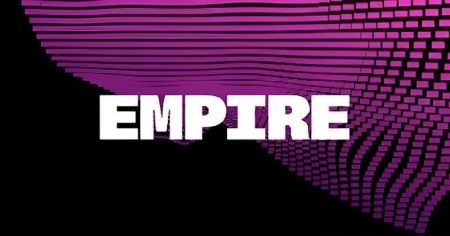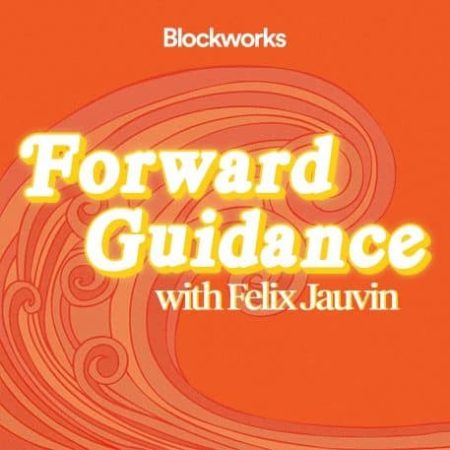Crypto Streamer Slapped by Bradley Martyn Earns $49K in Creator Fees as Token Soars 2,000%
Viral Confrontation Fuels Crypto Token’s Meteoric Rise in Pump.fun Ecosystem
In a remarkable intersection of cryptocurrency culture and influencer confrontation, a Pump.fun livestreaming duo has turned a painful encounter with fitness personality Bradley Martyn into a substantial payday. The pair, who operate the Solana-based meme coin called Bagwork, generated $49,000 in crypto token creator fees after one of them was slapped by Martyn for attempting to steal his hat—a notorious trigger point for the gym influencer.
The incident, which occurred Thursday at Martyn’s ZOO Culture gym, was captured on video and quickly went viral across social media platforms. The altercation took place after the Bagwork developers approached Martyn during his livestream, initially pitching their meme coin before requesting a photo. When one developer attempted to grab Martyn’s hat, the fitness influencer responded with a swift slap and an angry dismissal: “You think that shit’s funny? Get the fuck out of here.”
What might have been merely an embarrassing moment for most became a financial windfall for the creators, as their Bagwork token surged an astonishing 2,026% in just seven hours. The market capitalization exploded from $131,150 to $2.78 million before settling around $2.4 million, according to DEX Screener data. Through Pump.fun’s creator rewards system, which pays token developers a percentage of every trade, the pair has now earned over $78,000 in total fees, with $49,330 coming on the day of the viral confrontation alone.
Strategic Stunts Drive Token Value in Emerging Creator Economy
The Martyn incident represents just one component of the Bagwork creators’ broader strategy of attention-grabbing stunts designed to increase their token’s value. Just a day earlier, one of the developers ran onto the field during a Los Angeles Dodgers baseball game, while the other later shaved their head on-stream. The unnamed young developers have pledged to livestream daily for two weeks, promising to create viral moments each day to maintain momentum for their cryptocurrency.
Hours after the slapping incident, the duo released an apology video that simultaneously thanked Martyn for inadvertently boosting their token’s value. “Thank you so much for slapping me, bro. You made a lot of our guys money, bro,” said the slapped creator, now sporting a buzzcut. His partner added, “No bad blood, bro. We just had to do it, bro. It was part of the narrative. We had to do it.”
The stunt-based marketing strategy continued later that evening when police reportedly prevented one of the developers from jumping into the water off what appeared to be the Santa Monica Pier—a potentially deadly act considering several fatalities have occurred from similar jumps at the Los Angeles landmark. This escalating pattern of behavior has generated significant debate within crypto communities about the sustainability and ethics of such promotional tactics.
Pump.fun’s Evolution: From Dangerous Stunts to Mainstream Content Creation
The Bagwork incident highlights the complex evolution of Pump.fun’s livestreaming ecosystem, which has a checkered history of controversial and sometimes dangerous stunts. Before livestreaming became a native feature on the platform, a Miami-based developer known as Mikol made headlines after dousing himself in isopropyl alcohol and having fireworks shot at him—a stunt that resulted in third-degree burns across much of his body and an emergency hospitalization.
While Mikol’s DARE token surged over 4,000% from $43,000 to $1.91 million in market capitalization, the timing proved unfortunate. The incident occurred before creator fees were implemented on the platform, and Mikol was receiving medical treatment during the price surge, unable to capitalize on his token’s appreciation. He later claimed to have made no profit beyond $3,000 in donations to help cover his substantial hospital bills, eventually abandoning the project before launching a new, less extreme streaming token.
The platform formally integrated livestreaming in late 2024, but technical issues initially limited its adoption. By November of that year, the feature had become associated with increasingly problematic content including alleged animal cruelty, self-harm, drug use, reckless firearm displays, and even a staged suicide. These incidents prompted Pump.fun to temporarily suspend livestreaming capabilities while enhancing its moderation infrastructure and updating its terms of service.
The Professionalization of Crypto Content Creation
Since reinstating the livestreaming feature in early 2025, Pump.fun has witnessed a significant professionalization of its content ecosystem. The platform has invested in content collectives like Basedd House, which has established itself as the gold standard for creator-driven token promotion. This evolution has largely moved beyond dangerous stunts toward more sustainable content formats, including attempts at world records, relationship milestones, and life events—though boundaries continue to be tested, as evidenced by one creator who livestreamed his child’s birth.
The Bagwork slapping incident has ignited debate within cryptocurrency communities about the balance between attention-grabbing marketing and responsible promotion. While some advocates of “creator capital markets” celebrated the stunt as an unqualified success, others expressed concern about the precedent it sets. One commenter on social platform X noted, “This could easily be a bad thing. We don’t need more harassment, we need more quality content.”
For Bradley Martyn, the encounter represents an unfortunate recurring theme. The fitness influencer has previously dealt with similar hat-stealing provocations, including a comparable incident with Twitch streamer StableRonaldo last year that also ended with a slap and Martyn’s dismissive “That’s what happens, fucker.”
Creator Tokens Reshape Digital Economy Amid Ethical Questions
The Bagwork case study illuminates the emerging economy forming around creator tokens, where attention—positive or negative—translates directly into financial value. Through Pump.fun’s creator rewards system, livestreamers receive direct compensation based on trading volume, creating powerful incentives for viral content regardless of its nature.
This economic model raises important questions about the sustainability and ethics of attention-based tokenomics. While the platform has made significant strides in moderating extreme content, the financial incentives for boundary-pushing behavior remain potent. The Bagwork developers’ success demonstrates how even negative attention can generate substantial returns in this ecosystem—potentially encouraging similar provocative tactics from other creators.
As creator tokens continue gaining prominence within the broader cryptocurrency landscape, platforms like Pump.fun face the complex challenge of fostering innovation while maintaining responsible standards. The evolution from dangerous stunts to more sustainable content formats suggests a maturing ecosystem, but incidents like the Martyn confrontation reveal the persistent tensions between viral marketing tactics and ethical considerations.
For investors and participants in this emerging market, the Bagwork phenomenon serves as both cautionary tale and case study in the unpredictable dynamics of creator-driven cryptocurrencies. As one streamer’s slapped face translates into thousands in profits, the boundaries between content creation, financial speculation, and public provocation continue to blur in this rapidly evolving digital economy.















